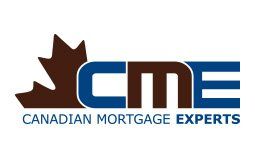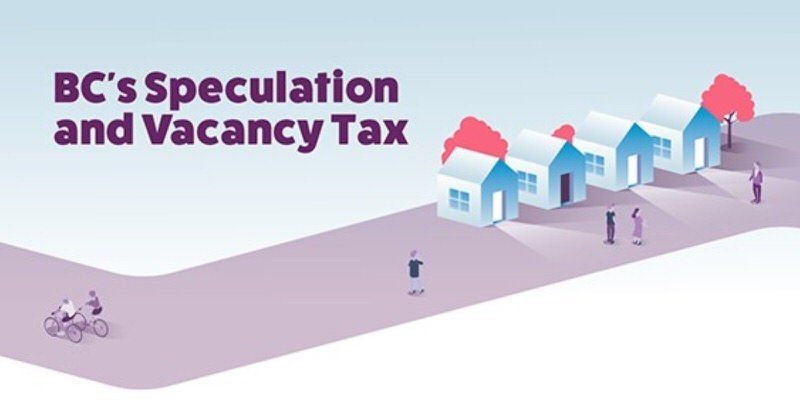BC Speculation Tax
Speculation and Vacancy Tax
The speculation and vacancy tax is a key measure in tackling the housing crisis in major urban centres in British Columbia, where home prices and rents have skyrocketed out of reach for many British Columbians.
The provincial government is taking action because people who live and work in B.C. deserve an affordable place to call home.
The speculation and vacancy tax is a part of government's 30-Point Plan to make housing more affordable for people in our province.
This new annual tax is designed to:
- Target foreign and domestic speculators who own residences in B.C. but don’t pay taxes here
- Turn empty homes into good housing for people
- Raise revenue that will directly support affordable housing
All owners of residential property in the designated taxable regions of B.C. must complete an annual declaration. Over 99% of British Columbians are estimated to be exempt from the tax.
How to Exempt Yourself
To claim your exemption, you must register your property by March 31, 2019 – and it’s easy to do, either by phone or online. The information you’ll need to register your property declaration will be mailed by mid-February to all owners of residential property within the taxable regions.
Contact us if you’re expecting a declaration letter from us and haven’t received one by late February.
Please note that if your property has more than one owner, even if the other owner is your spouse, a separate declaration must be made for each owner.
How the Tax Will Be Charged If You're Not Exempt
The speculation and vacancy tax rate varies depending on the owner’s tax residency and whether the owner is a Canadian citizen or permanent resident of Canada, or a member of a satellite family.By levying the highest tax rate on foreign owners and satellite families (those who earn a majority of income outside the province and pay little to no income tax in B.C.), the speculation and vacancy tax is a way to make sure these property owners are paying their fair share in taxes.
The speculation and vacancy tax applies based on ownership as of December 31 each year.
Note : The speculation and vacancy tax is distinct from the empty homes tax in the City of Vancouver.
Read our answers to questions on the speculation and vacancy tax and learn about how to declare , the taxable regions and the available exemptions.
Subscribe to receive updates as new information about the speculation and vacancy tax becomes available.
This was originally published on the BC Government website here.




